Remember when touchscreen phones became the next big thing in online businesses? The euphoria surrounding the tap-your-screen-for-access concept has not only stuck around - but evolved as well.
When it comes to running a successful online business, quality SEO and target keywords are a must. Rapidly-growing technologies have allowed thousands of online businesses to trust the use of keywords in making their products and services accessible to targeted customers. Nevertheless, typing the information searched has gradually fallen out of fashion as a new trend set in - SEO optimization for voice search!
Replacing physical touch with the power of audio, today, SEO voice search has allowed a myriad of businesses to revamp their marketing strategies and make use of this nifty trend. In turn, the practicality of using SEO optimization for voice became rather elevated and detrimental in the way marketers conduct their business.
What is it that makes the SEO Voice Search the ultimate ally in growing an online business - and how does it all fall into practice? Read on as we delve into the essence of SEO optimization for voice search and the way you can use it in favor of your business.
But, first thing’s first….
What is SEO?
To understand the impact voice SEO has on digital marketing, one must first understand what SEO is.
To put it simply, SEO is a tool, or rather, a set of tools, that companies use to get more traffic and effectively grow their business. It is a set of techniques companies use to optimize their websites to rank higher on search engines like Google. The most ‘basic’ search engine optimization occurs through the use of keywords and keyword phrases that companies use to reach specific audiences - and profits.
Still, SEO goes beyond the simple use of specific keywords. It also incorporates different linking tactics, market analysis, and strategies in making well-structured SEO websites alongside specific SEO pages within a website’s domain.
To learn more about creating valuable SEO content and websites, we recommend reading the newest edition of Search Engine Optimization All in One For Dummies. Bruce Clay and Susan Esparza’s Search Engine Optimization, All in One For Dummies provides readers with valuable info concerning boosting SEO for both content creators and companies. The book includes a concise, in-depth analysis of working with SEO and the benefits of quality SEO content.
Additionally, Search Engine Optimization All in One For Dummies delves into topics rarely covered by SEO guidebooks. These include international SEO, optimizing servers for SEO, voice SEO, and SEO web design, among others.
What is Voice SEO?
Voice SEO or is the optimization of websites to rank higher on search engines based on voice searches through special voice-activated systems like Siri and Alexa, but also smartphones, tablets, laptops, and desktop PCs. Using intricate algorithms and artificial intelligence (AI) technologies, the voice SEO software of voice-activated devices and modern smartphones records queries, inserts them into search engines, and showcases results most relevant to that query.
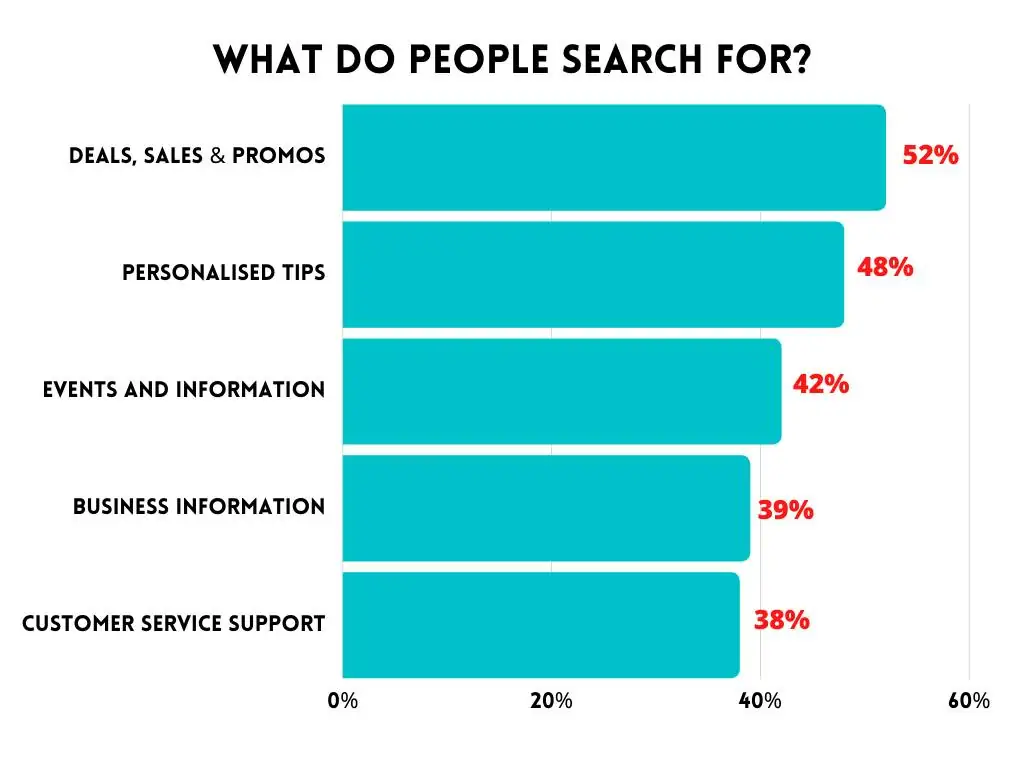
Voice SEO doesn’t seem that different from traditional SEO as it also essentially relies on the use of specific keywords and phrases to provide desired results.
Voice Browsing and Voice SEO vs Text Searches
Some SEO experts argue voice SEO isn’t that different from type-searching, since voice commands are also converted into text. Yet, other analysts maintain it is an inherently different and unique style of browsing information.
For starters, searching via typing is more time-consuming and forces users to rely on language economy and abbreviations to find particular information online. Additionally, users who type searches tend to use crude keywords, phrases, and sentences. In contrast, SEO voice search allows for more natural-language searches, which makes one of the primary differences between text and voice queries.
For instance, if a user suddenly craves a pie, they might type something of the sort “apple pie home recipe.” This way, users will likely get the relevant results. However, typing “How can I make apple pie at home?” will yield more personalized results. Compared to type searches, SEO optimization for voice search revolves around the use of specific keywords which then generate more relevant results.
Another factor to consider when contrasting voice and typed-base search is the physical location. The voice searches bulk is made through mobile devices and involves users asking for directions to find a particular business, building, street, etc. So, local SEO plays an essential role for smaller, local companies and organizations when it comes to voice search.
Why Should Marketers Employ Voice SEO?
Voice browsing, particularly through mobile devices, has grown exponentially over the past decade. That growth only accelerated over the last two years, partly due to a coronavirus that stigmatized the very act of touching. The pandemic aside, voice commands’ functionality, speed, applicability, and convenience for users are all reasons why marketers are employing SEO voice search in their line of business. And if they aren’t - they should be.
The advent and mass adoption of new technologies, not only among the youth but also among middle-aged and elderly smartphone users, is the reason why companies should tweak their digital marketing strategy based on customers’ voice search habits.
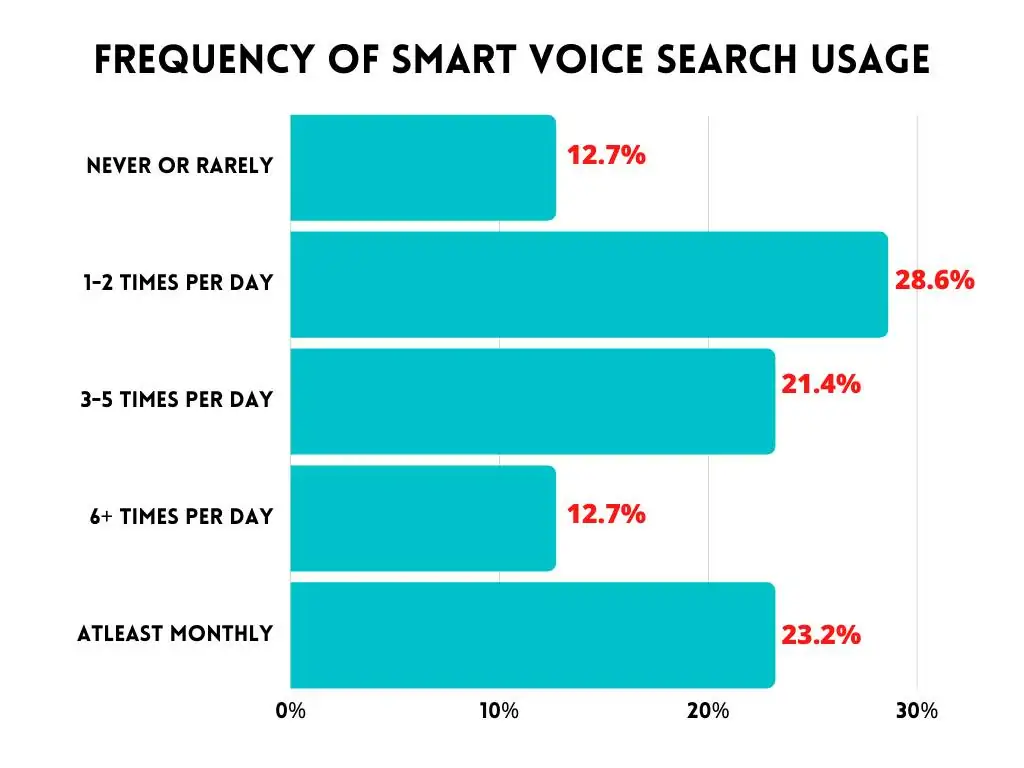
Brands that fail to do so risk losing a big chunk of their clients and fall behind competitors who waste no time optimizing for voice search. Companies that engage in aggressive digital marketing are committed to making their product or service instantly available to the targeted customer base. That means making it as easy as possible for customers to find information about their business.
And, since it’s easier for customers to use voice assistants on their smartphones or via devices like Windows’ Cortana, Amazon Echo, or Apple’s Siri, SEO voice search could soon become the norm for successful digital marketing.
SEO Optimization for Voice Search: The Boon or Bane of Businesses
Voice queries, as already mentioned, tend to be more natural and syntactically correct. In turn, using more conversational language effectively leads to results that are more relevant to the search for the user. At the same time, this helps generate organic traffic for the marketer.
However, it seems the benefits of voice assistants for customers outweigh the advantages of the voice-based search model for businesses.
For instance, if you’re late and you’re driving, you can voice-text someone to let them know you’re on your way, without having the distraction of typing while driving.
Voice search devices and technologies in 2021 are considerably more advanced than the early-day voice assistants. This allows for faster, to-the-point results for customers. As such, the convenience of voice assistants in saving time and effort, yet still generating more relevant results, is invaluable.
Businesses can also benefit from SEO optimization for voice search. Of course, websites that are properly optimized for voice search receive more organic alongside direct paid traffic.
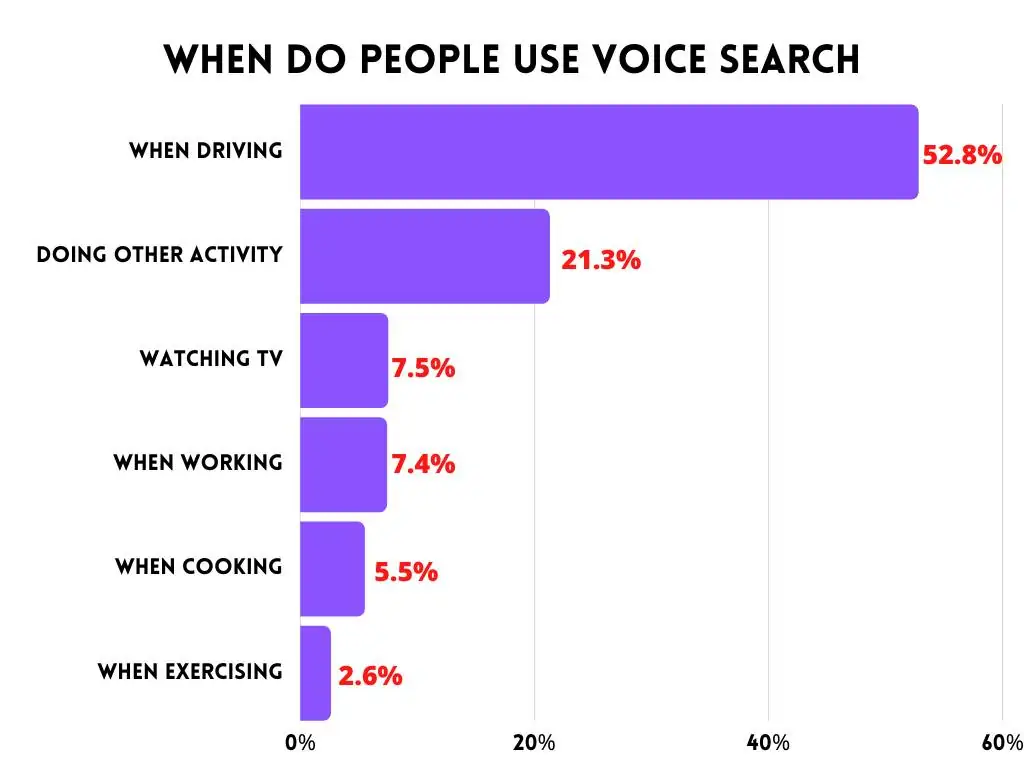
But, the fact that voice searches yield a limited number of results is not precisely advantageous for marketers. Mobile searches via voice assistants yield no more than a handful of results, while that number is even more limited for searches via smart voice assistants, such as Alexa. Therefore, businesses that fail or refuse to embrace SEO optimization for voice search undermine their digital outreach to valued customers.
Like it or not, companies that heavily rely on digital marketing will sooner or later need to optimize for voice search.
SEO Optimization for Voice Search: A Look at the Statistics
Voice searches have been growing consistently since 2014, and the numbers are there to prove it.
A few years back, Google published a blog post stating that 55% of teenagers and 41% of adults use voice search at least once a day. Google also found that most of those searches among adults and teens occurred while said groups were with friends or watching TV. That was in 2014. Over the next seven years, the trend would really catch on worldwide.
In 2018, a PwC survey of 1,000 Americans aged 18-64 found 65% of those aged between 25 and 49 use voice assistants at least once a day. The survey also found that over half of those aged between 18 and 24, also 25 and 64 are willing to use voice assistants in the future.
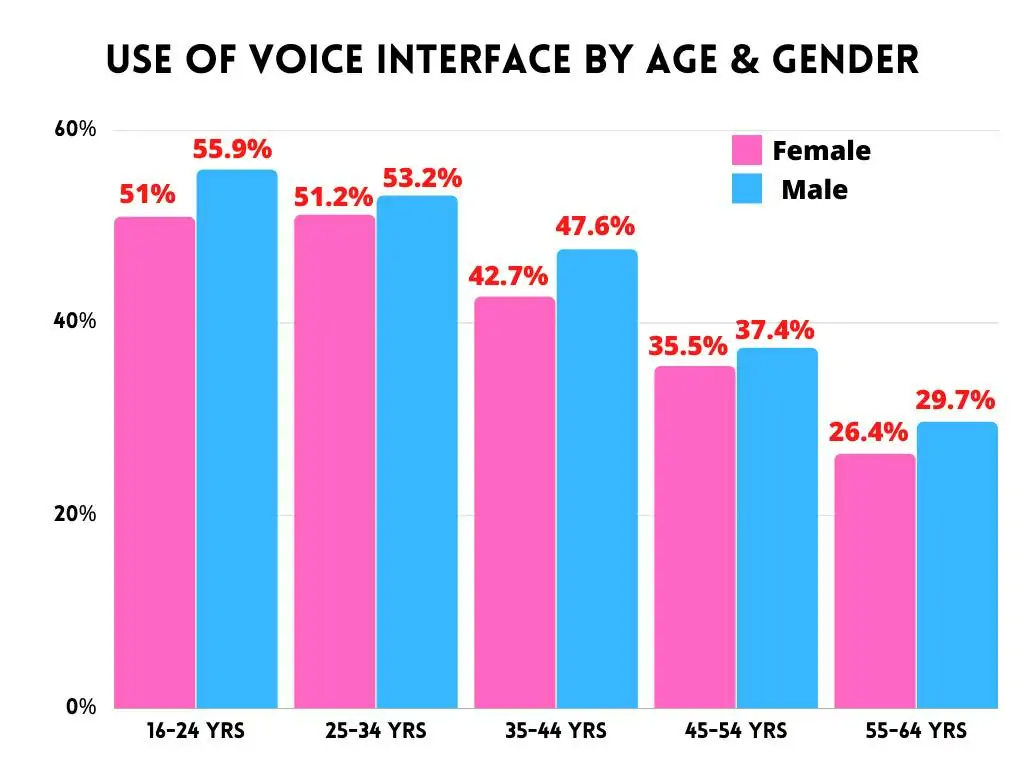
A 2016 report by Hitwise stated that 58% of all searches are conducted via mobile. That same year, Google CEO Sundar Pichai revealed that 20% of Google’s mobile app searches were conducted by voice. ComScore estimated that by 2020 voice searches will make up 50% of all online searches.
By the end of 2020, sales of smart speakers reached a record high of over 150 million units. It is estimated over 50% of households will have a smart speaker by 2022. A 2020 study by Gartner states that 39% of U.S. citizens speak to their voice-enabled devices, while 26% use smart speakers every week. The study found that 32% of Americans were interested in purchasing voice-enabled devices due to Covid-19 concerns.
How to Do Seo Optimization for Voice Search?
Some of the stats above only underline the need for companies to optimize for voice search. There are several ways and strategies companies can employ to optimize their online presence for voice search. Below are several known strategies employed by many websites to better incorporate SEO optimization for voice search.
Market Research
First, marketers must get to know their potential customers by researching up-to-date data on consumers’ behavior and voice search habits. This allows companies to provide search engines with on-point information about their business, which increases the prospects of their page ranking higher.
Focus on Local SEO
Another way to enforce SEO optimization for voice search is by centering your content on local information. Start by claiming a Google My Business listing. This will feed Google’s search systems with essential details about your business. Such include working hours, company phone, and their address, leading to a higher position in Google’s search rankings. Using a schema markup can significantly improve your website’s local rankings.
Schema Markup
Also referred to as structured data, the schema markup a code inserted into your site’s HTML, so a search engine has a more precise idea of what your business is about. Implementing a schema markup creates a so-called “rich snippet” that increases the visibility of your site on search engines. There are several other search engines other than Google that use this coded information about a business to yield better results, including Yahoo, Bing, and Yandex.
Use Long-Tail Keywords and Answer Important FAQs
Since voice searches tend to be more semantically correct, it is key for marketers to use long-tail keywords that the potential customer would use. One way to achieve this is to compose a text with the relevant keywords, then ask and answer the questions consumers would. At the same time, you have to mind that the language is conversational and customer-friendly so your SEO optimization for voice search takes full effect.
For instance, many brands have a generic question containing the primary keyword as a headline. Already in the first paragraph, that question is concisely answered. Knowing what questions are asked about your business can go a long way. Also, your question headline, if concise, relevant, and to the point, might even become a featured Google snippet.
However, the headline poses only one (though important) question customers might ask. That’s why brands need to focus on answering multiple questions related to their business in a separate FAQs page. They also need to make sure you answer questions starting with ‘Who,’ ‘What,’ ‘Where’ and ‘How.’ More importantly, those questions need to be answered in a conversational manner, appropriate for voice-based queries.
Optimize Your Site for Mobile Use
In 2016, over 50% of all Google searches were conducted via mobile, a number that is certainly higher in 2021. Studies have shown that about a fifth of all Google mobile searches is voice-based, which gives businesses the upper hand in successfully implementing and benefits off SEO optimization for voice search.
These stats alone underscore the need for businesses to have their sites optimized for mobile use to rank higher for voice queries.
SEO optimization for voice search & Digital Marketing
It is no exaggeration to say that voice search is gradually becoming the norm for browsing online information.
It was estimated that by 2020, over half of all searches would be voice-based. The sale of voice assistants has also rapidly grown. According to Statista, in 2020, there were over 4 billion smart speakers in use globally. That number is expected to exceed 8 billion by 2024. According to TechCrunch, voice shopping will become an industry worth around $40 billion by 2022 – an increase of approximately 1900% compared to the current $2-billion market.
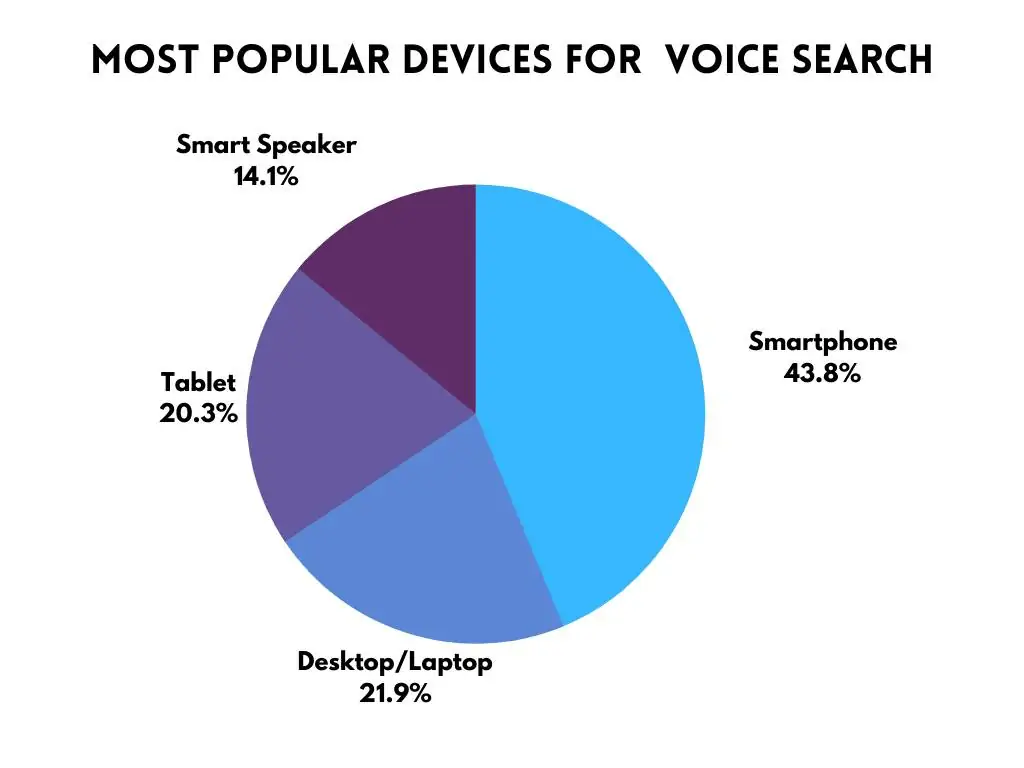
These trends send digital marketers a clear message: their businesses will need to incorporate suitable SEO optimization for voice search tools to keep up with the competition. Simply put, optimizing for voice SEO for brands that rely on digital marketing should not be a matter of if but of when.
The unforeseen coronavirus pandemic only led to an increase in voice searches and underscored the need for businesses to implement adequate SEO optimization for voice search into their digital marketing strategy.
